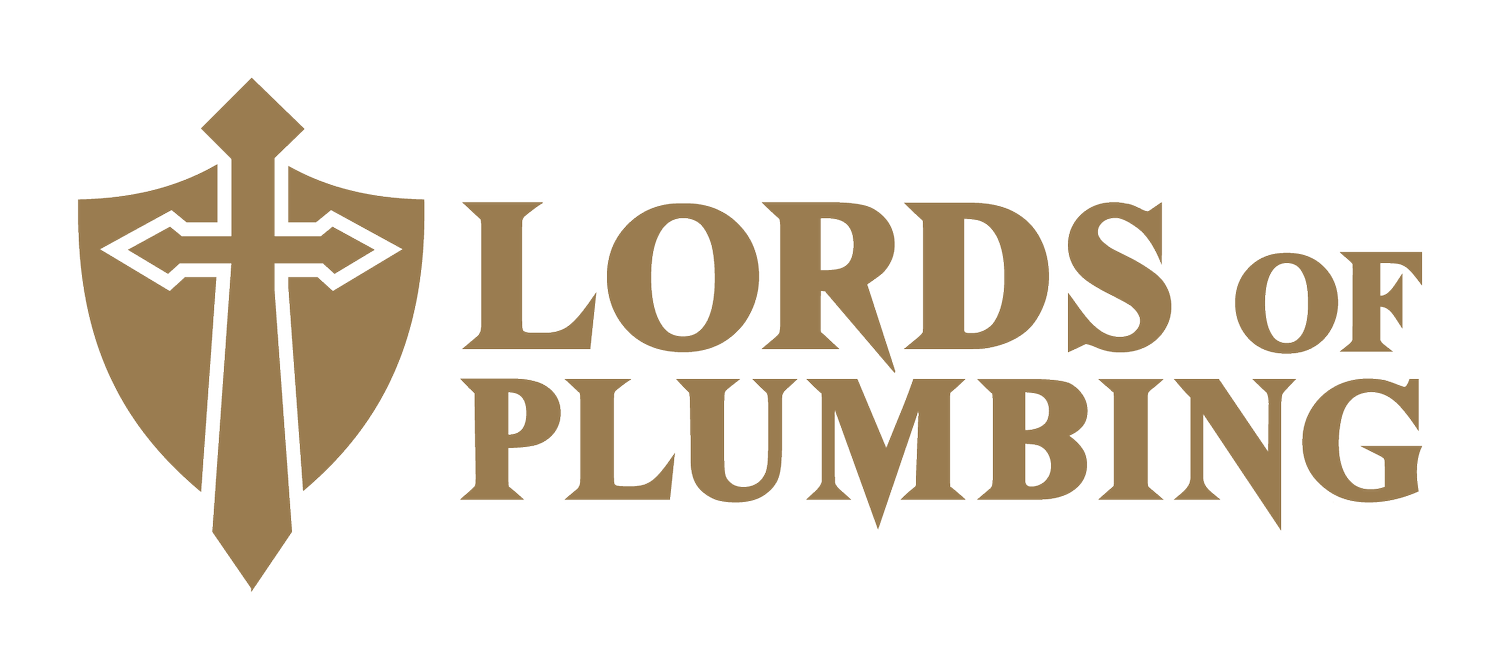The Costs of Plumbing Repairs: What You Need to Know Before Hiring a Plumber
Plumbing repairs are an inevitable part of homeownership. Whether it's a leaky faucet, a clogged drain, or a more complex issue like a sewer repair, understanding plumbing repair costs is critical for effective budgeting and avoiding financial surprises. Many homeowners underestimate the cost of plumbing services, leading to unplanned expenses when issues arise.
This comprehensive guide offers insight into typical plumbing costs, the factors influencing pricing, and practical advice to help homeowners choose reliable plumbing services and avoid unexpected charges.
Factors Affecting Plumbing Repair Costs
Several elements influence the overall expense of plumbing repairs, making it essential to understand what you might encounter:
1. Severity of the Issue
The complexity of the problem has a direct impact on the time and effort required to address it. For example, fixing a leaky faucet or replacing a simple valve is less expensive than repairing a blocked sewer line or replacing a water heater.
2. Labor Costs
Hourly rates for plumbers can vary based on their experience, location, and specialization. Highly skilled plumbers may charge higher fees, but they often complete tasks more efficiently and with greater precision.
3. Part Costs
Replacement parts like faucets, pipes, or fixtures can vary in price depending on the quality, brand, and specific requirements of your plumbing system. Opting for high-quality materials, such as copper pipes for repiping, increases upfront costs but ensures durability.
4. Emergency Service Fees
Emergency repairs, particularly those required during evenings, weekends, or holidays, typically incur additional fees. For urgent issues, working with reputable plumbers ensures timely service without excessive charges.
5. Permits and Licenses
Certain repairs or installations, such as sewer line replacements, may require permits or inspections, adding to the total cost.
Understanding Common Plumbing Repair Costs
1. Basic Repairs
Routine repairs, like fixing a dripping faucet or replacing a showerhead, generally cost between $150 and $350. While these tasks may seem simple, hiring professional plumbing services guarantees long-lasting results.
2. Clogged Drains
Drain cleaning costs depend on the severity of the clog. Homeowners typically pay between $150 and $500, with more significant blockages in main sewer lines requiring advanced tools and costing upwards of $1,000. Professional drain cleaning can prevent recurring problems and extend the life of your plumbing system.
3. Water Heater Repairs
Repairing a water heater can cost anywhere from $150 to $700, depending on the type of water heater and the nature of the problem. For instance, tankless water heater repair may be more costly due to its advanced technology but offers long-term savings through improved efficiency.
4. Sewer Line Repairs
A damaged sewer line is among the most expensive plumbing repairs. Costs range from $1,000 to $4,000, but more extensive repairs requiring excavation or pipe replacement can exceed $5,000. Sewer repair often involves specialized expertise and equipment.
5. Repiping Projects
Repiping an older home, often necessary due to outdated or deteriorating plumbing systems, can cost between $3,000 and $8,000. Projects involving copper repiping are more expensive upfront but ensure long-term reliability and water quality.
Tips for Avoiding Surprise Plumbing Costs
1. Request Detailed Estimates
Ask for itemized estimates that include labor, materials, and any potential fees. Reliable plumbers and other areas provide clear pricing to help you make informed decisions.
2. Schedule Regular Maintenance
Preventive maintenance is a cost-effective way to avoid expensive repairs. For example, periodic drain cleaning can address small clogs before they escalate into larger problems.
3. Check Reviews and References
Reading reviews and asking for references can help you identify trustworthy plumbers. Established plumbing services are more likely to provide quality work without hidden fees.
4. Hire Licensed Professionals
Always work with licensed and insured plumbers to ensure quality workmanship and protect against liabilities. Unlicensed plumbers might offer lower prices but often deliver subpar results.
5. Communicate Clearly
Provide a detailed explanation of the problem to your plumber to avoid misunderstandings or unnecessary work. Clear communication can prevent additional charges or delays.
6. Ask About Additional Fees
Inquire upfront about fees for emergency services, travel costs, or inspections to avoid surprises on your final bill.
Why Quality Materials Matter
When it comes to plumbing, the quality of materials used can have a significant impact on long-term costs. Investing in durable components, such as copper piping for repiping projects, ensures reliability and reduces the likelihood of future repairs. While the initial investment is higher, it saves money and inconvenience in the long run.
Making Informed Decisions
Understanding plumbing repair costs is essential for homeowners to make smart decisions, plan effectively, and avoid unnecessary expenses. From minor repairs to significant projects like sewer repair, choosing a trusted plumber ensures quality work and peace of mind.
At Lords of Plumbing, we offer transparent pricing, expert services, and dependable solutions for all your plumbing needs. Whether you need tankless water heater installation, repiping, or emergency plumbing repairs, our experienced team is ready to assist.
Book your appointment today for reliable service, fair pricing, and quality work for your next plumbing project!
